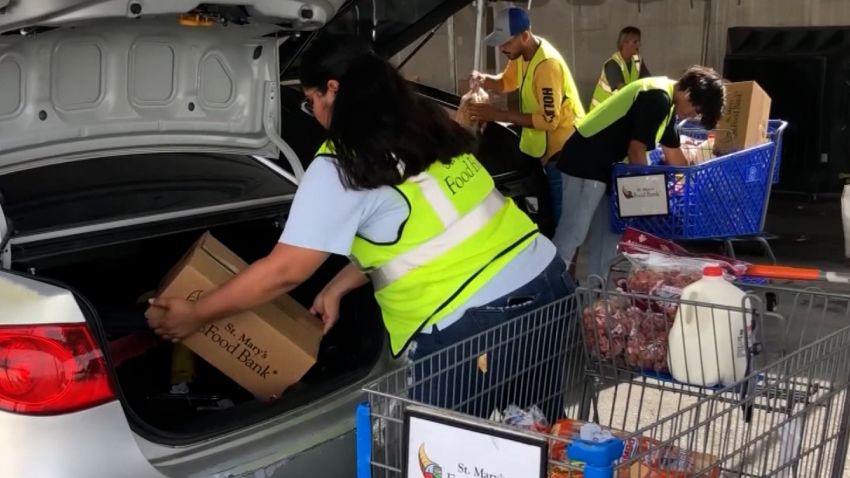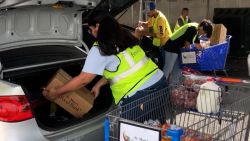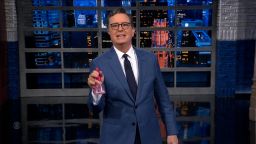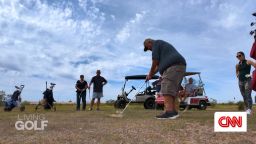Americans grew even more pessimistic about the US economy over the past month, according to the latest survey on consumer attitudes, intentions and expectations from The Conference Board.
The consumer confidence index for July slipped to 95.7 from June’s revised reading of 98.4, which was adjusted downward by 0.3 points. It’s the lowest index reading since February 2021, when levels were 95.2; however, the July number remains considerably above the deeply pessimistic readings during the Great Recession, when the index fell as low as 25.3.
It’s the third consecutive month that the index fell, a decline driven by consumers souring on the state of current business conditions. The index that tracks assessments of current business and labor conditions tumbled to 141.3 from 147.2, according to the report.
It’s a sign that growth has slowed during the third quarter, Lynn Franco, The Conference Board’s senior director of economic indicators said in a statement.
Consumers’ expectations for the next six months ahead held relatively steady, but remain at a level that suggests recession risks persist, she noted, adding that inflation continues to weigh heavily.
“As the [Federal Reserve] raises interest rates to rein in inflation, purchasing intentions for cars, homes, and major appliances all pulled back further in July,” Franco said. “Looking ahead, inflation and additional rate hikes are likely to continue posing strong headwinds for consumer spending and economic growth over the next six months.”
The Fed is expected to raise its benchmark rate by another 75 basis points on Wednesday at the close of its policymaking meeting. Since March, the Fed has raised its target federal funds rate three times, for a total of 1.5 percentage points.
While the Fed attempts to bat down the highest inflation seen since the 1980s, confidence is also waning among business leaders that a recession can be avoided, according to the National Association of Business Economics’ survey of business conditions during the second quarter.
About 43% of respondents said they think there’s a greater than 50% chance that the US will experience a recession in the next 12 months, while just 13% said that in April.
The Business Conditions Survey, which included responses from 58 panelist NABE members, provided a snapshot of an economy in flux: Businesses are still seeing some sales rise, but the soaring cost of materials and labor mean companies are shelling out more than they have in at least 25 years to keep their operations running.






















